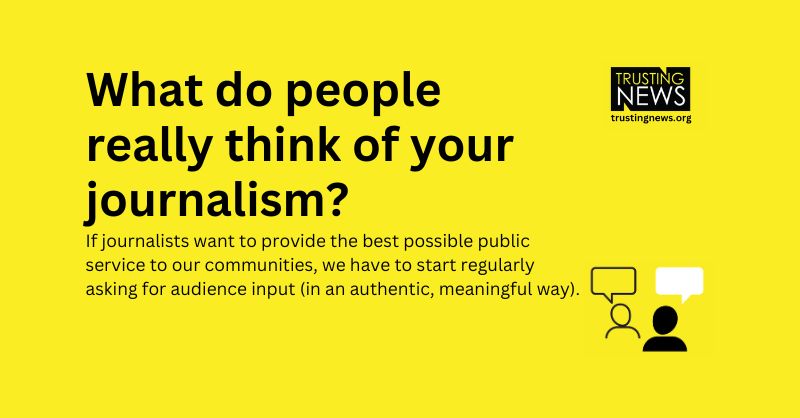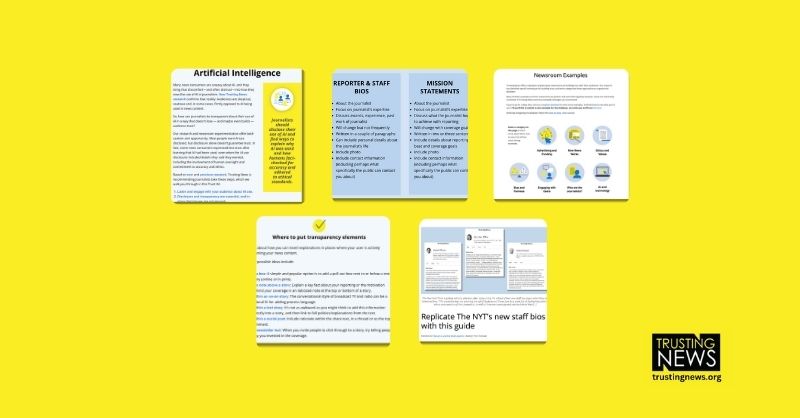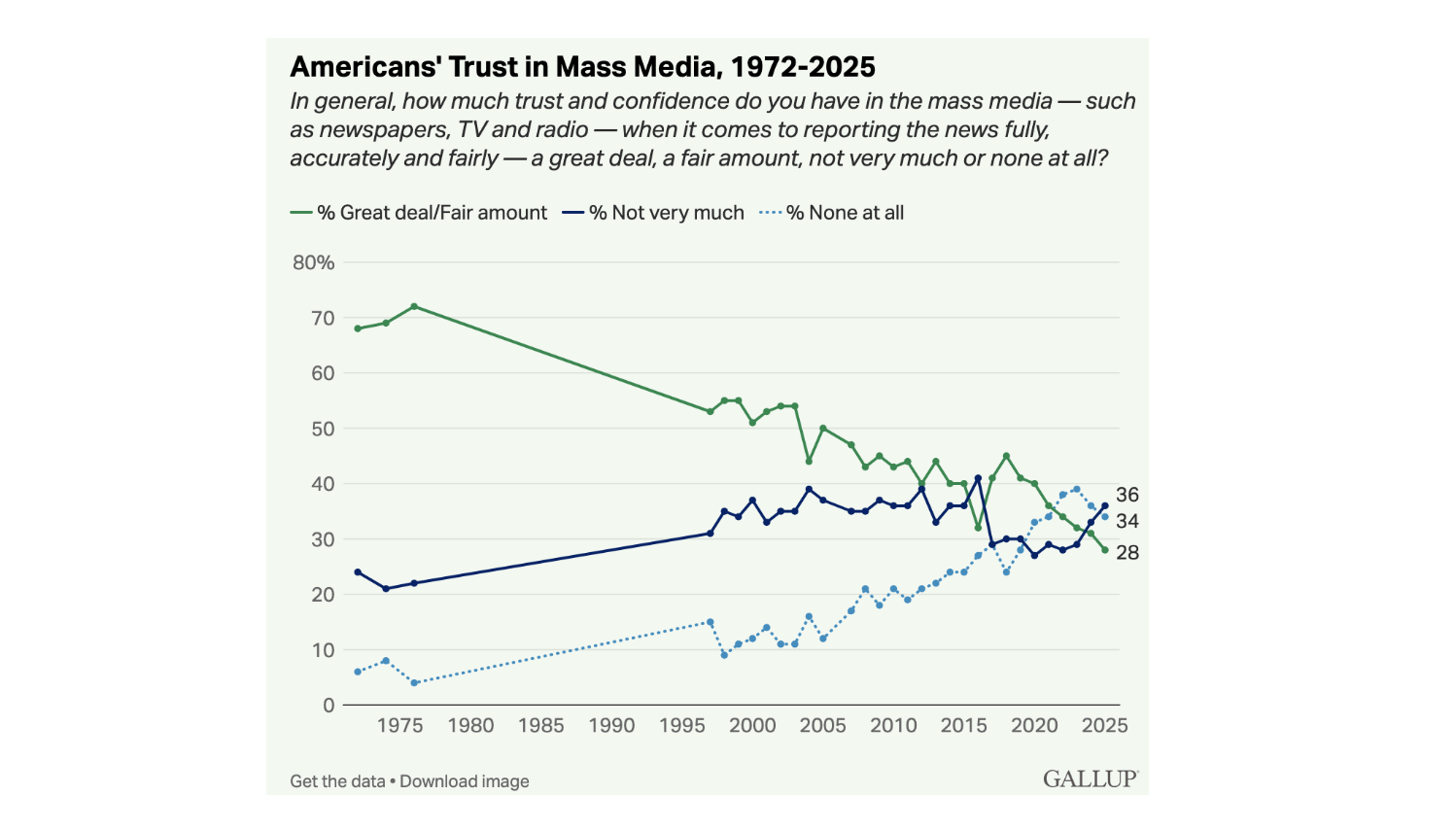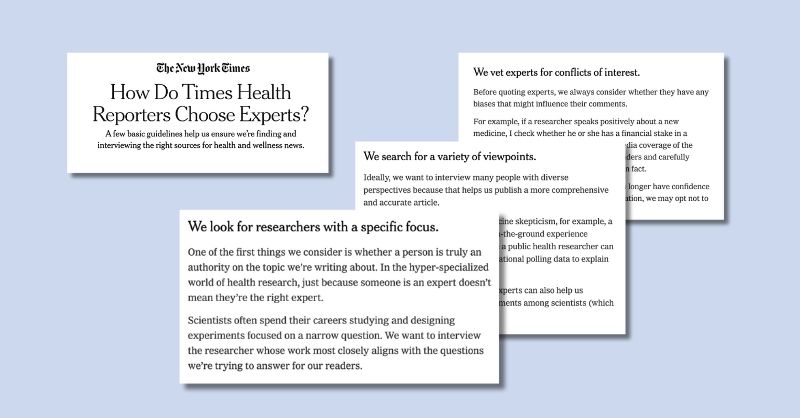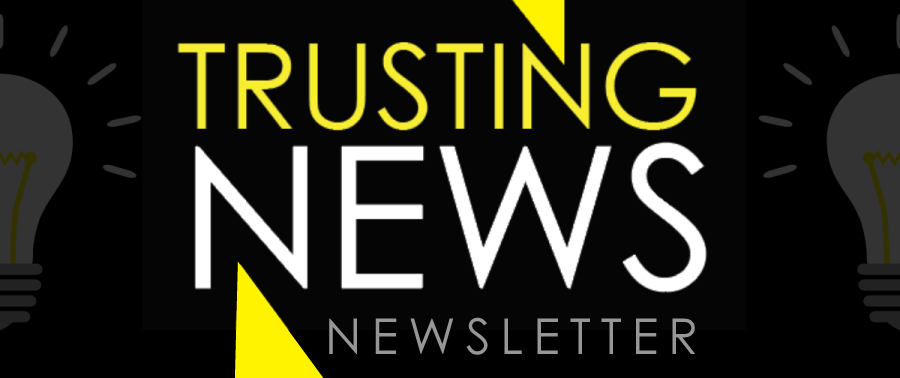
This weekly Trust Tips newsletter shares quick, actionable tips for how journalists can earn and sustain trust. Subscribe to get it in your inbox at trustingnews.org/newsletter.
Ask sources what they are afraid you might get wrong
Want to get this Trust Tips newsletter in your inbox each Tuesday? Subscribe here.
It’s common for journalists to ask some variation of this question at the end of an interview: What else do you wish I asked?
It’s a good question and allows sources to share information or address topics or issues journalists might have missed during the interview.
But what would it look like to add a question to the beginning of your interview: What are you afraid I might get wrong?
At Trusting News, we often ask journalists to get curious about whether their coverage is truly resonating. Why? If journalists are aiming to serve their whole community — including people who have been historically underserved — it’s important they first investigate if their coverage feels accurate, helpful and valuable to those audiences.
Without understanding the assumptions that have led to distrust and the roadblocks that exist in creating sustained relationships, it’s almost impossible for journalists to effectively serve those audiences.
Adding the question “What are you afraid I might get wrong?” helps journalists accomplish this understanding in a few ways:
- It allows you to better understand people’s perceptions of news. The more you can ground your work in understanding what people think of journalists, the better you’ll be able to adapt your coverage to meet your communities’ needs.
- It acknowledges that journalists get things wrong. Some people — or in some cases, entire communities — have been harmed, misrepresented or neglected by journalists in the past. It can go a long way to simply acknowledge that when working to repair relationships and earn trust.
- It demonstrates our credibility. Not all journalism is responsible or worthy of people’s trust. Admitting that shows humility — and demonstrates you want to do things differently.
More questions to help you do this
At Trusting News, we’re big proponents of actively getting curious and listening to people’s experiences with the news outside of interviews with sources.
We know when journalists make the time to listen to community members it has a positive impact. In our research with journalists, we’ve seen that this intentional listening builds trust, goodwill and in one study, even increased people’s likelihood to pay for news. Plus, journalists have told us these types of interactions have helped lead to new story ideas or more nuanced coverage of their communities.
When you’re able, we suggest taking some questions from our Community Interview Guide and fitting them into your daily interactions.
Those daily interactions might be:
- At the end of an interview with sources
- When you’re talking with friends and family about your job or the media
- In interactions in the community, whether at a coffee shop, taking an Uber ride or attending a local event
Some questions you can ask:
- What are three things you wish were covered more?
- What does news coverage often miss or get wrong about you, or about things in your life?
- What kinds of stories or information about your local community would you like to see more of?
You can start small — maybe you just start asking one of these questions during interviews. But, the more you prioritize understanding people’s perceptions and information needs, the richer and more relevant your work will be to the people you aim to serve.
Resources to help you get curious
We have two resources that will help you in your quest to get curious about your audience.
- First is our Listening Trust Kit: It’s a guide for how you can listen to your community and includes links to variations of the Community Interview Guide we shared above.
- Second, we have a guide tailored around helping you earn trust with sources. The Earn Trust With Sources Trust Kit gives you strategies and tools to help make the sourcing process feel less risky and more transparent.
We’d love to know what you think about adding this question, or how you’re thinking about earning your community’s trust in general. Our team would be excited if you replied to this email and shared some examples or questions with us.
You can also reach out to us or tune into our work on LinkedIn, X, or Bluesky.
At Trusting News, we learn how people decide what news to trust and turn that knowledge into actionable strategies for journalists. We train and empower journalists to take responsibility for demonstrating credibility and actively earning trust through transparency and engagement. Learn more about our work, vision and team. Subscribe to our Trust Tips newsletter. Follow us on Twitter, BlueSky and LinkedIn.
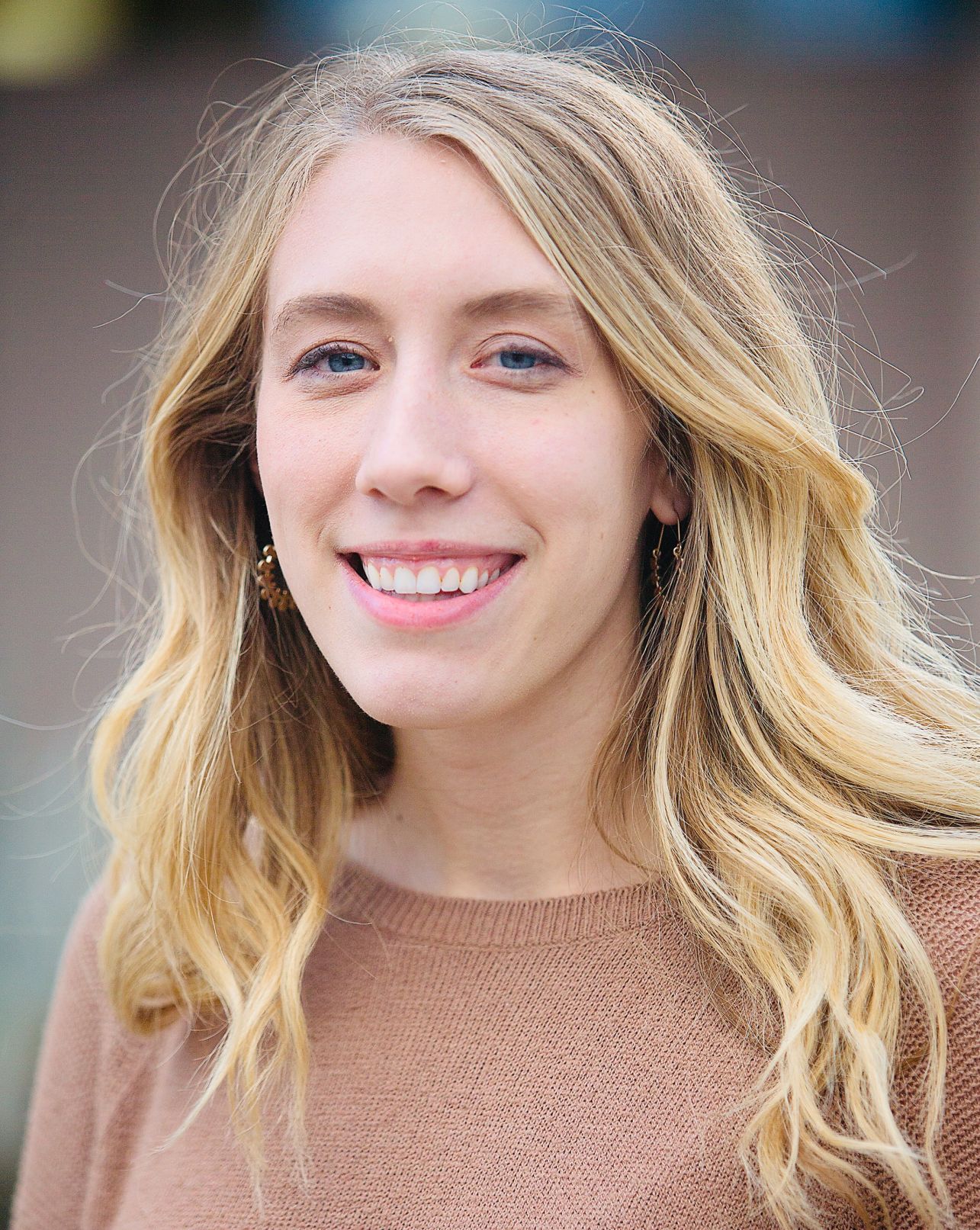
Project manager Mollie Muchna (she/her) has spent the last 10 years working in audience and engagement journalism in local newsrooms across the Southwest. She lives in Tucson, Arizona, where she is also an adjunct professor at the University of Arizona’s School of Journalism. She can be reached at mollie@trustingnews.org and on Twitter @molliemuchna.
